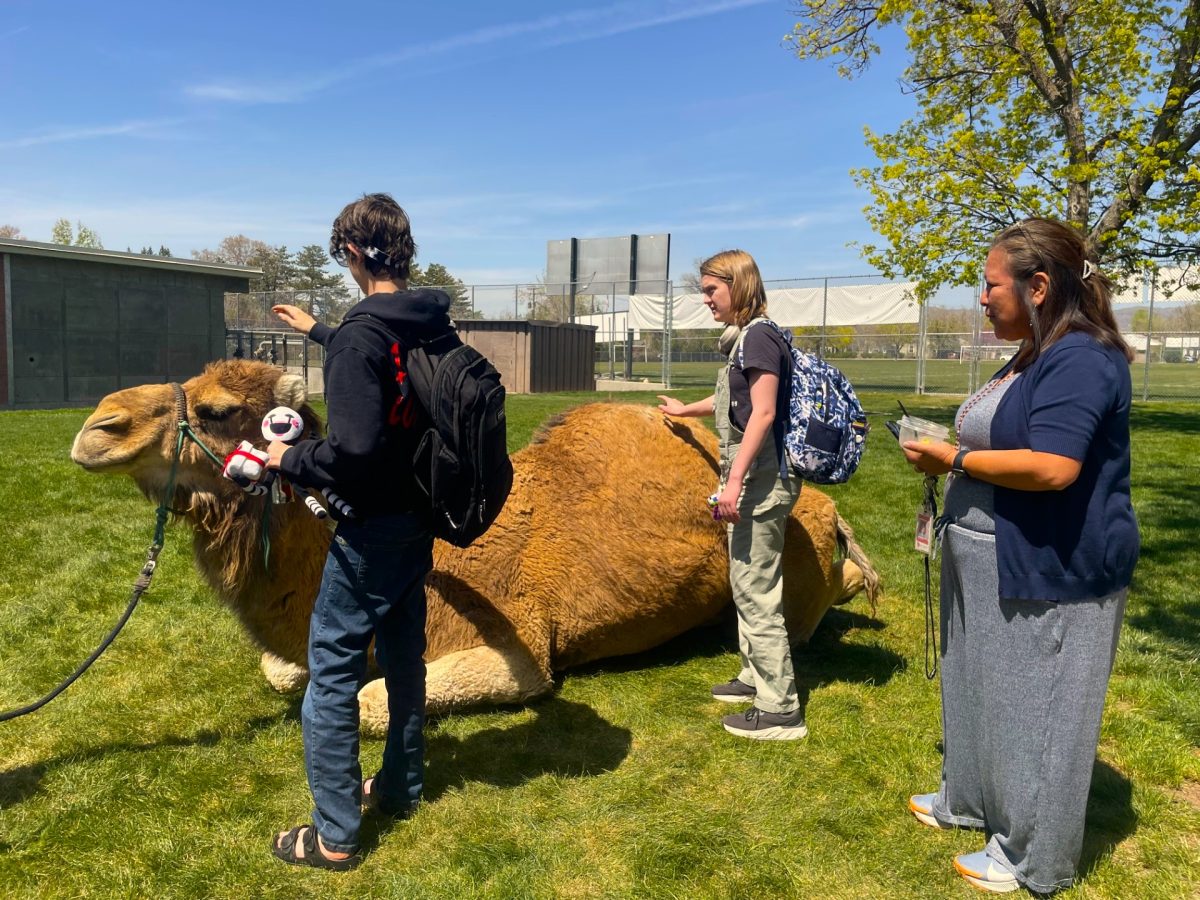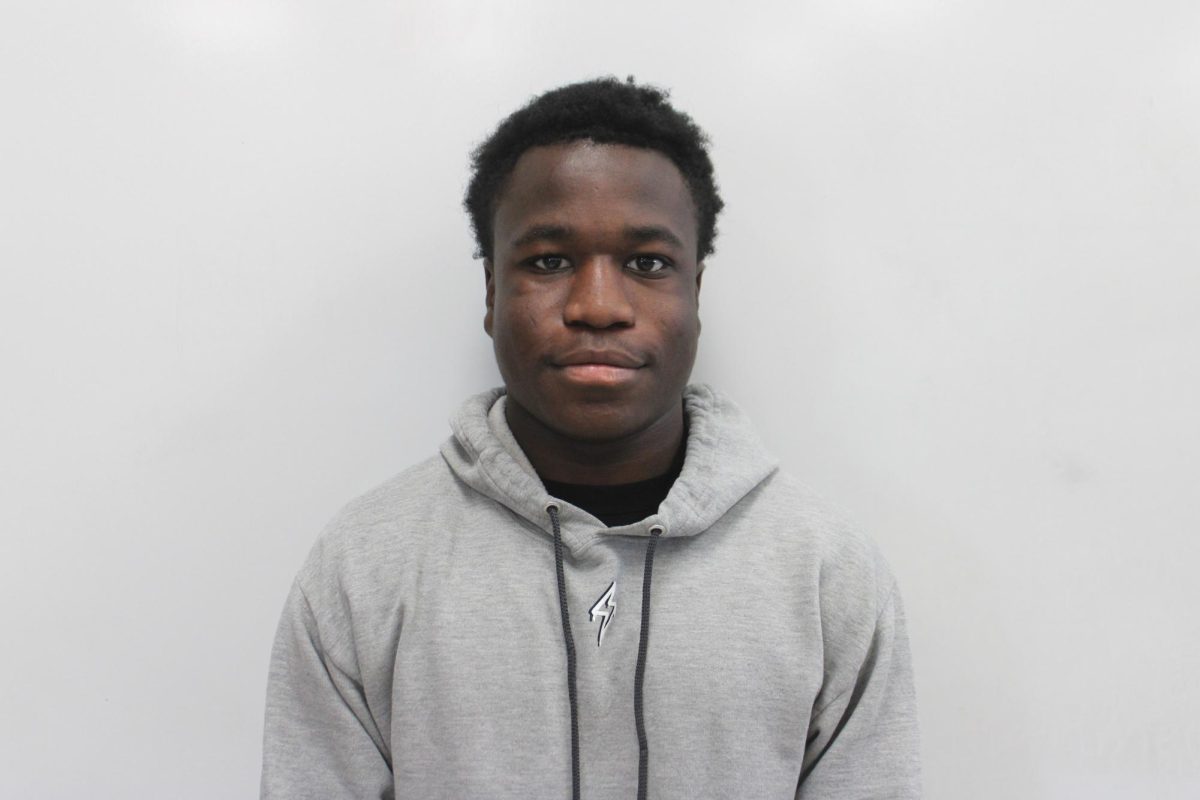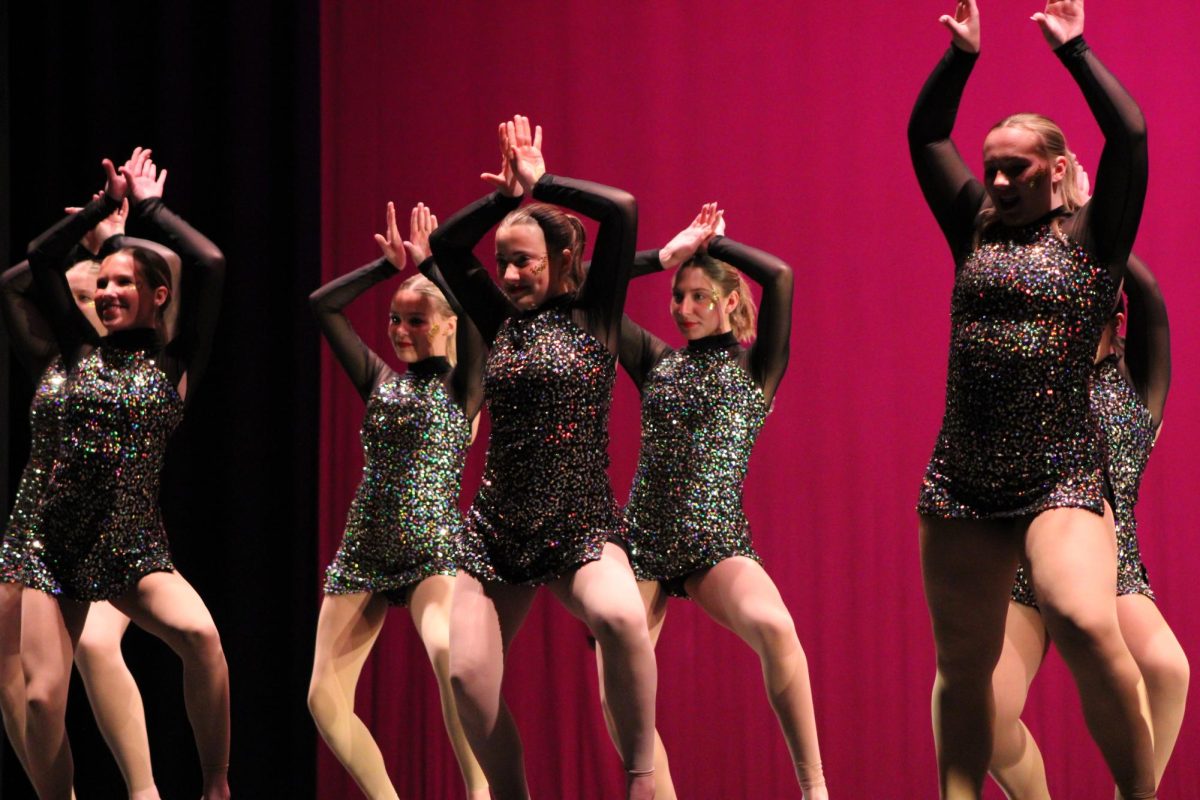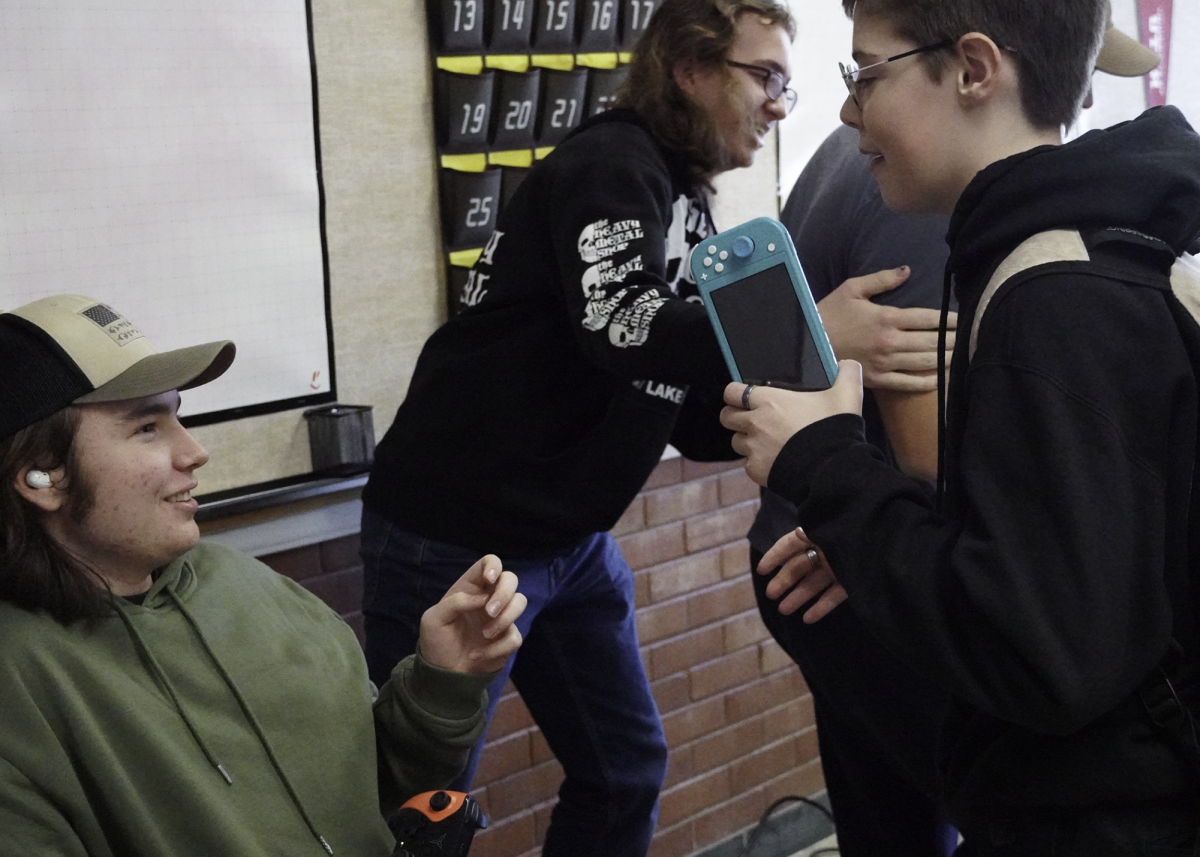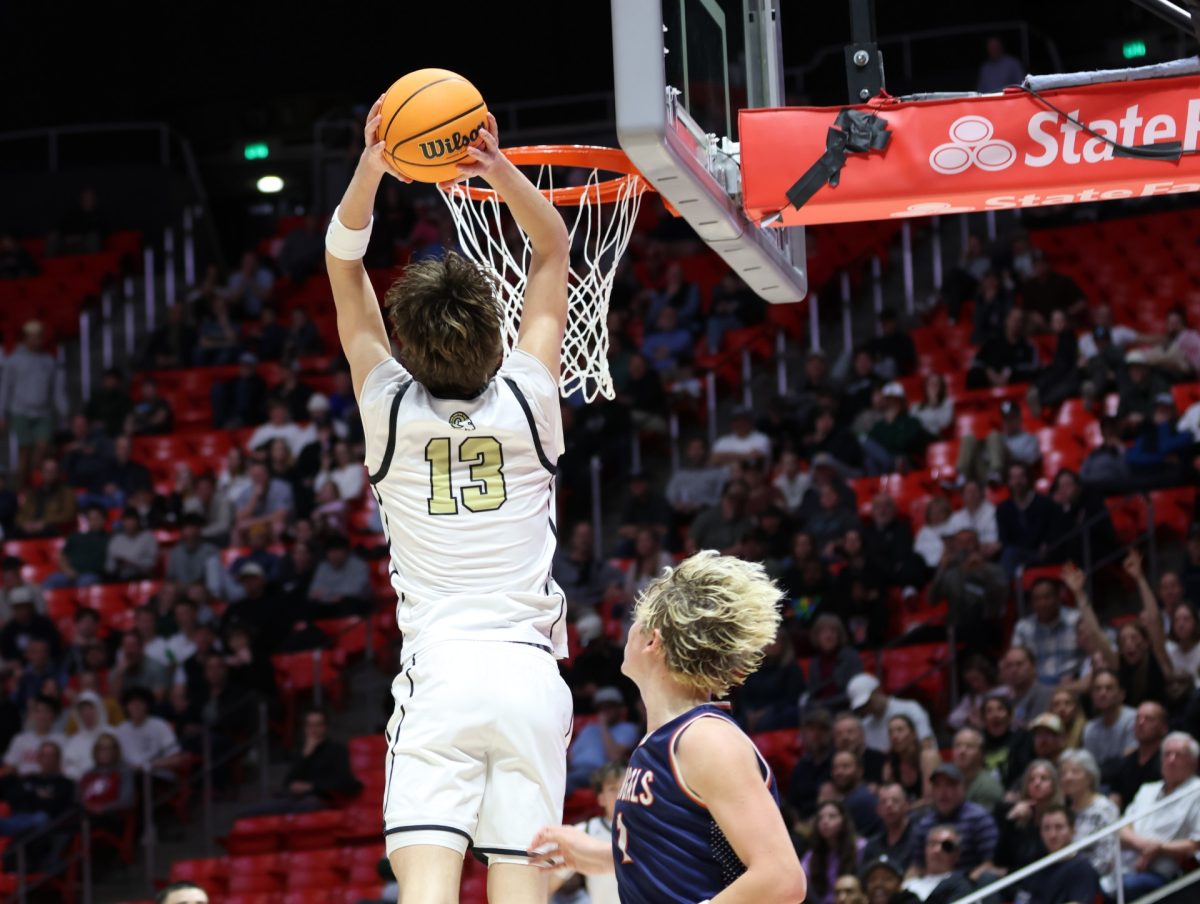Patriotism A Complicated Topic In School
November 6, 2017
Tim Porter is an assistant principal Highland and a U.S. Navy veteran. Having been a medic for many years, serving in Desert Storm, he is very patriotic. As a patriot he believes that a person can express their love for America in many different ways, including in their right to protest.
Recently in the NFL many players have been kneeling or locking arms during the National Anthem in order to protest race problems in America. Many people and politicians have criticized these actions, saying that the players are disgracing the flag and the country. Porter, however, believes that these players have every right to protest this way.
“I think it’s fine for people to want to protest, and taking a knee seems like the most harmless way to protest,” Porter said. “That’s the nature of the Constitution. They have the right to protest.”
Highland’s students and faculty show patriotism in many different ways, from recognizing veterans to singing the National Anthem. However, there is one large piece missing, The Pledge of Allegiance.
Many years ago, Highland students regularly recited The Pledge. Then, one year, they just stopped. Not because of a controversy or large act against it. people just didn’t care too much about it and so no one kept it from fading away. Almost all elementary schools still practice reciting it, and most students remember reciting it in middle school. So should it have stopped?
There are many people who strongly believe that we should recite The Pledge because of its importance in recognizing what our country has done for us. One such person is Highland student Dylan Davis.
“I think we should do it,” said Davis. “You have food; you have transportation; you have free education. Because you live in this country you’ve got it pretty well off.”
Davis argues that no matter what you think of the government every person should recognize what this country has done for them.
“It’s like if someone gives you a pizza, you thank them,” Davis said. “You don’t just sit there and eat it without acknowledging them.”
However Jennifer Jacobson, a teacher at Highland, provides a different argument. She believes that there are far better ways of expressing patriotism, such as voting.
“You’re pledging allegiance to the flag, which is an object that represents something, and not to your nation which is what patriotism is. I think it would be very patriotic if we had people here registering eighteen year olds to vote and if we encouraged kids to participate in civic duties.” Jacobson said.
This anti-pledge argument is mirrored by Highland student Hannah Morrison. Morrison believes that the pledge has very little effect on a person’s patriotism.
“In elementary school I never had to do it and I didn’t feel any less American because of that,” Morrison said. “I mean it’s just a bunch of words strung together.”
Both Jacobson and Morrison argue that The Pledge is not a very physically meaningful way to show patriotism. Jacobson points out that doing things like writing letters to newspapers and protesting at the capitol have larger positive impact on our country than reciting a pledge.
Porter believes that any person who does not want to recite The Pledge can still definitely feel proud to be an American. Yet, as a navy veteran, he thinks that it is important in reminding Americans to be thankful.
“I think it’s good that we as Americans practice reciting The Pledge of Allegiance.” Porter said. “For the reminder it gives us each Monday morning that we’re fortunate enough to live in the greatest country on the face of the Earth, we’re fortunate to be here.”


